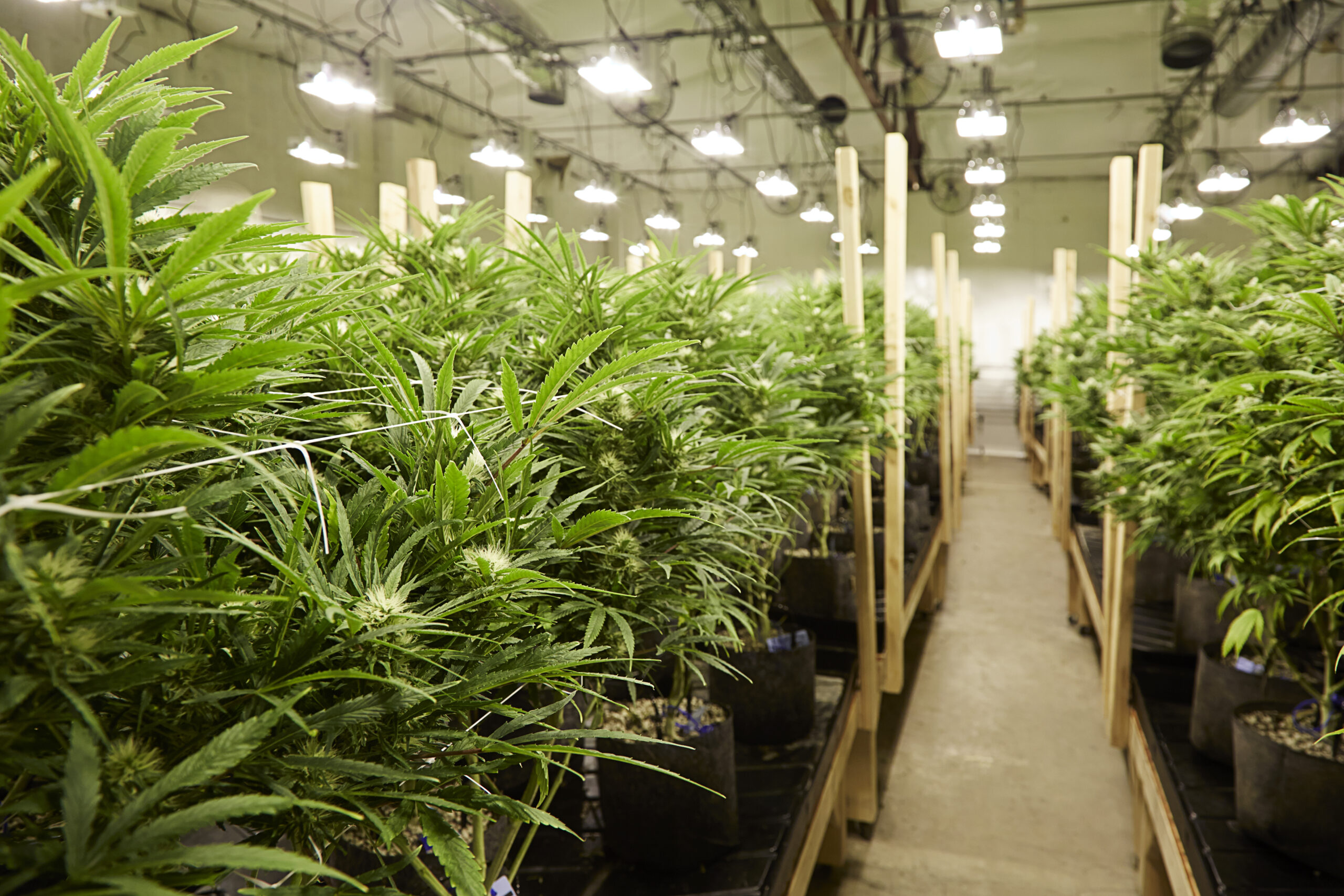In recent years, the cannabis industry in Oregon has witnessed a significant shift in the dynamics of supply and demand, resulting in a noticeable drop in retail cannabis prices. Once soaring high, the price of cannabis has been on a steady decline, causing both cheers and concerns among consumers, growers, and policymakers. This article explores the factors behind this price drop, primarily focusing on the issue of over-licensing and its consequences for the cannabis market in Oregon.
The Cannabis Boom in Oregon
Oregon has long been a pioneer in the legalization and regulation of cannabis. In 2014, the state voted to legalize recreational cannabis for adults, and in 2015, retail sales began. The early years of legalization were marked by a “green rush,” with an abundance of enthusiasm and interest from both consumers and entrepreneurs.
The Oversupply Dilemma
One of the primary reasons for the dramatic drop in cannabis prices in Oregon is the oversupply of cannabis products in the market. The state experienced an initial surge in cannabis production licenses, leading to a surplus of cannabis flower, concentrates, and edibles. In 2018, it was reported that the state had produced more than three times the amount of cannabis that Oregonians were consuming.
The Consequences of Over-Licensing
1. Price Erosion: As a result of oversupply, cannabis prices in Oregon have plummeted. What once was a lucrative business for growers and retailers has become increasingly challenging as they struggle to turn a profit in the current market conditions.
2. Competition: While competition is generally seen as a positive force in a market, too much competition can be detrimental. With a saturated market, cannabis businesses must lower their prices to attract customers, further exacerbating the problem of declining profitability.
3. Quality vs. Quantity: Some growers have shifted their focus from producing high-quality cannabis to high-yield crops. This has led to concerns about the overall quality of cannabis products on the market, as the emphasis on quantity often comes at the expense of potency and flavor.
4. Regulatory Challenges: The oversupply issue has prompted regulators to consider solutions such as restricting new licenses, capping production limits for existing licensees, and encouraging more value-added products to absorb excess cannabis. These regulatory changes can have far-reaching consequences for the industry.
The Future of Oregon’s Cannabis Market
The cannabis industry in Oregon is at a crossroads. To address the oversupply issue, regulators are considering various strategies, including:
1. Licensing Restrictions: Limiting the issuance of new cannabis licenses to control the number of growers and retailers in the market.
2. Diversification: Encouraging cannabis businesses to diversify their product offerings, such as producing more edibles, tinctures, and topicals.
3. Interstate Commerce: Exploring the possibility of allowing the export of excess cannabis to other states where it is legal, potentially opening up new markets.
Consumer Benefits
While the oversupply issue has created challenges for cannabis businesses, it has been a boon for consumers. Lower cannabis prices mean that individuals have more affordable access to cannabis products, which may improve social equity and reduce the illicit market’s appeal.
The drop in retail cannabis prices in Oregon due to over-licensing is a complex issue with both positive and negative consequences. While consumers benefit from lower prices and increased accessibility, cannabis businesses face challenges in maintaining profitability. As the state navigates these challenges, finding a balance between supply and demand will be crucial to ensure the sustainability and success of the cannabis industry in Oregon.






